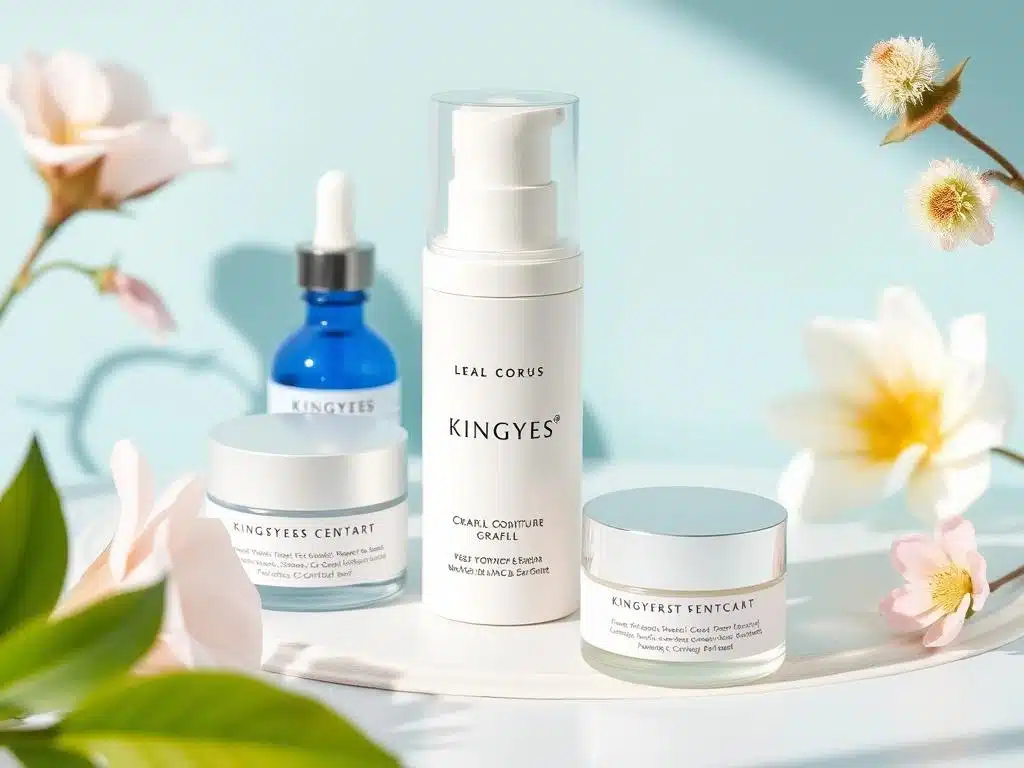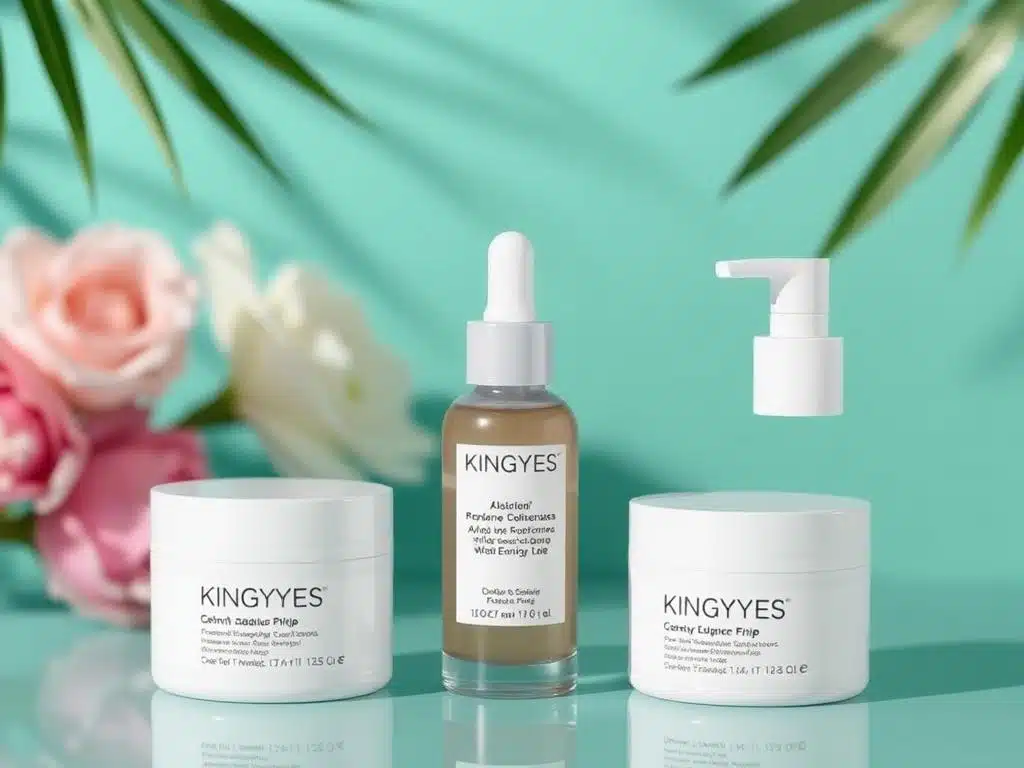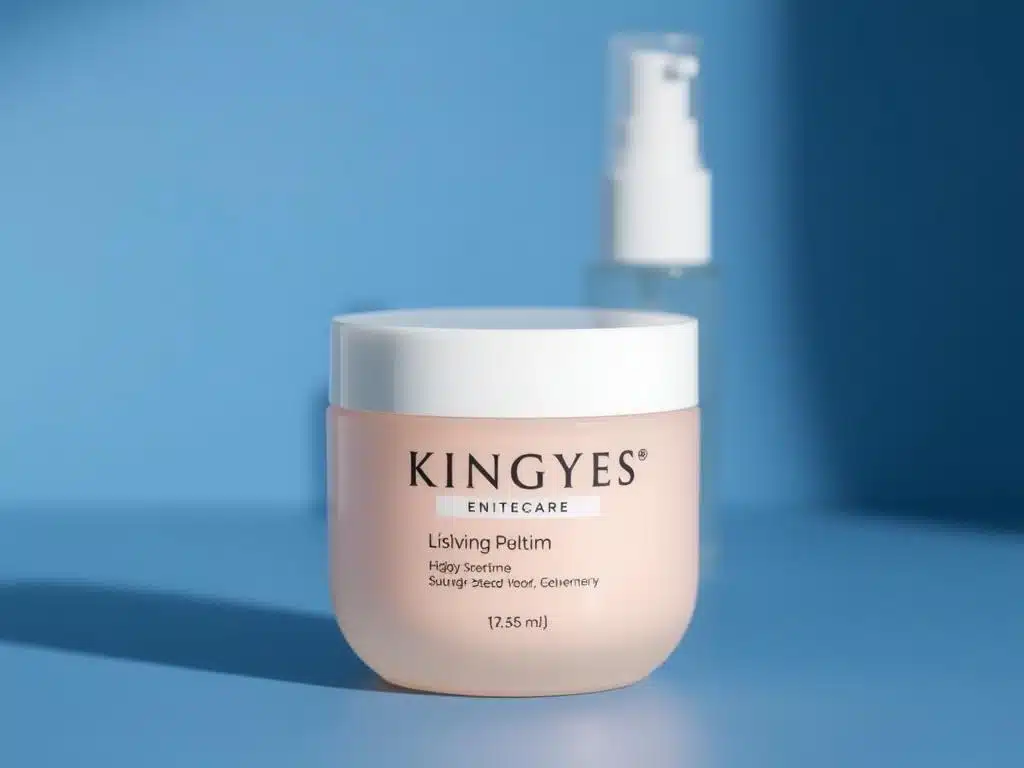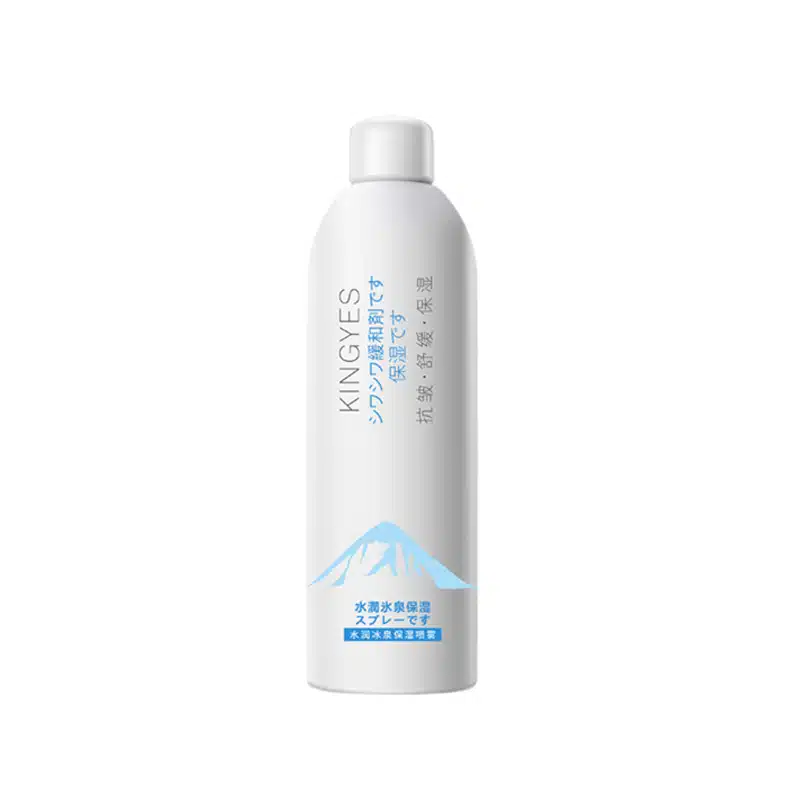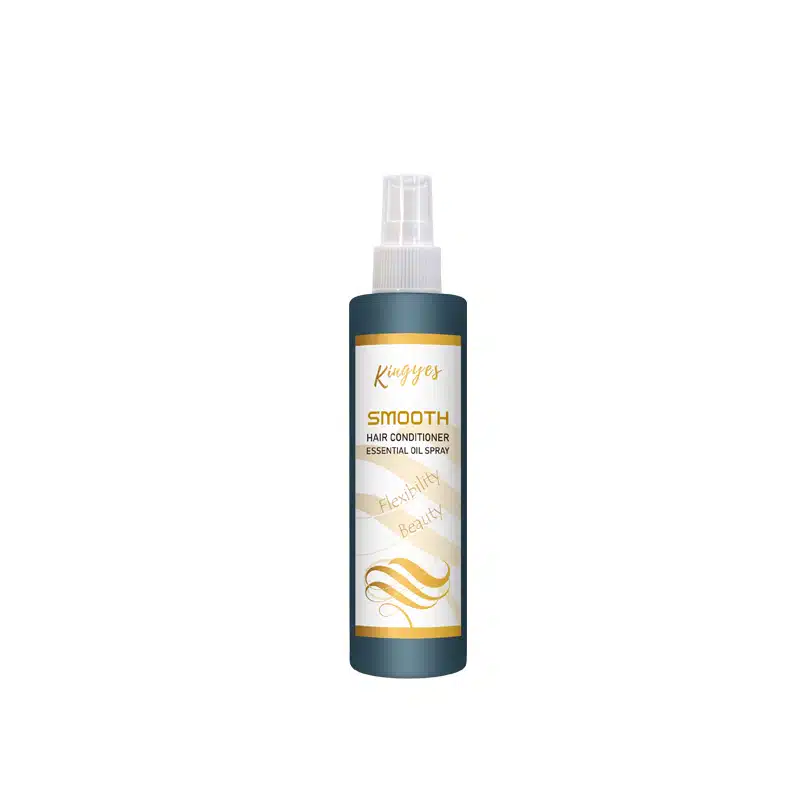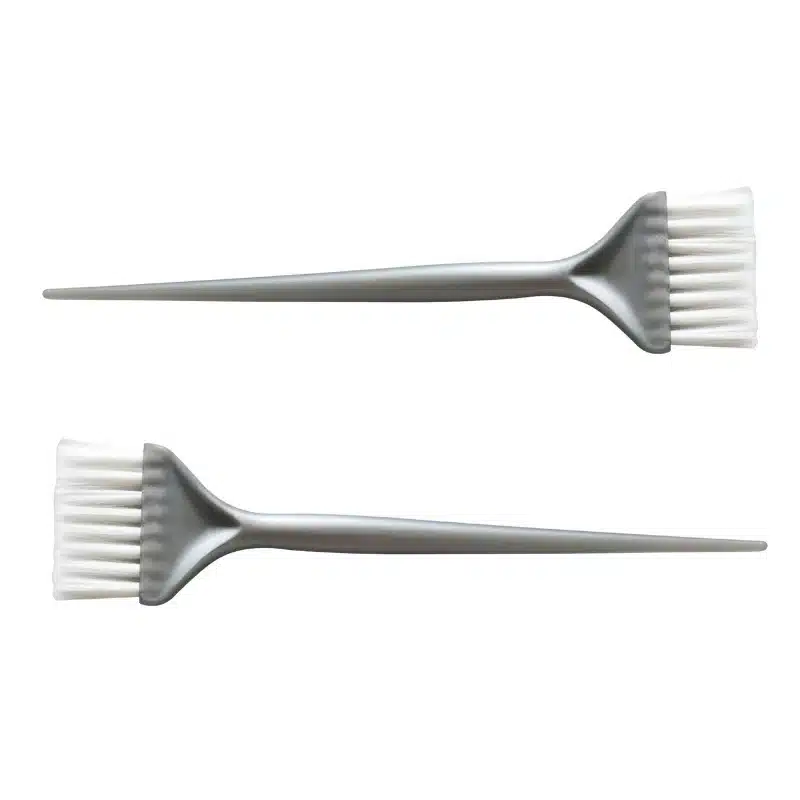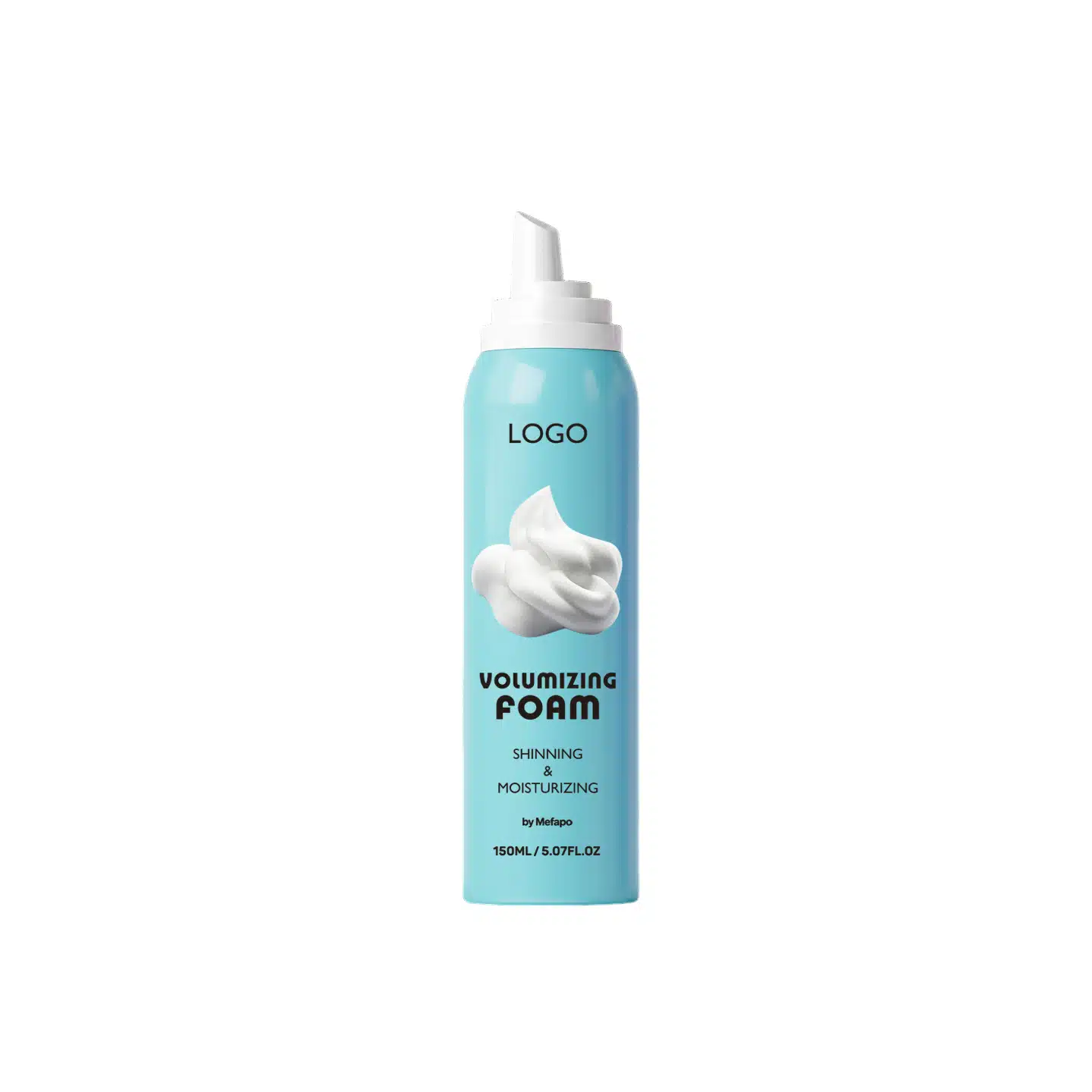
Do You Need A License To Sell Skincare On Etsy?
Table of Contents
Cracking the Code: Do You Need A License To Sell Skincare On Etsy?
Thinking of turning your passion for skincare into a thriving Etsy business? You’re not alone! Many aspiring entrepreneurs are drawn to the platform’s vast reach and creative community. But before you launch your Etsy shop, a crucial question arises: do you need a business license to sell on Etsy? This comprehensive guide dives deep into the legalities of selling skincare on Etsy, helping you navigate the rules and regulations to ensure a smooth and successful launch. We’ll cover everything from business licenses and permits to Etsy’s policies and prohibited items, giving you the knowledge you need to start your Etsy business with confidence.
Does Etsy Require a Business License?
The short answer is: Etsy itself doesn’t directly require sellers to have a business license to open an Etsy shop. Etsy doesn’t require a business license to operate on their platform. However, this doesn’t mean you’re automatically exempt from needing one. The requirement for a business license depends on your location (city, county, and state) and the type of business you’re operating. Think of Etsy as the online marketplace, while your business is a separate entity that may have its own legal obligations.
While Etsy provides a platform for sellers to connect with buyers, it’s your responsibility to ensure your business complies with all applicable laws and regulations. This is where things can get a bit tricky, as the legal requirements vary significantly. Etsy also makes it clear that it is the sellers responsibility to know the local and state laws. So, while Etsy may not ask for proof of your business license, your local government might. Doesn’t require a business license, but your local government might.
When Might You Need a Business License to Sell on Etsy?
While Etsy doesn’t enforce a business license requirement, your local and state governments might. Here are some scenarios where you’re likely to need a business license to sell on Etsy:
- Your City, County, or State Requires It: Many jurisdictions require all businesses, even small home-based businesses and online businesses, to obtain a general business license. This is often a basic requirement for operating legally within that area.
- You’re Selling a Certain Volume of Goods: Some areas have thresholds. If your sales exceed a certain amount within a specific period, you might be required to get a business license. This indicates you’re operating as a more established business rather than a casual side hustle.
- You’re Creating and Selling Certain Products: Selling skincare might fall under specific regulations, especially if your products are considered cosmetics. This is because cosmetics are subject to stricter regulations regarding safety and labeling. Cosmetics products in particular have requirements.
- You Have a Physical Presence (Even at Home): Even if you’re primarily selling online, if you’re manufacturing your skincare products at home, your local zoning laws might require a home-based business permit or license.
- You Intend to Make a Profit: Most jurisdictions consider an activity a business, requiring a license, if your intention is to make a profit. A lot of sellers start their etsy business as a side hustle, but when it starts to generate income consistently, getting a license might become necessary.
The best way to determine whether you need a business license is to contact your local city or county clerk’s office, as well as your state’s department of revenue or taxation. They can provide specific information based on your location and business activities. Don’t rely solely on online forums or general advice, as the rules can vary significantly. The local small business administration can also be a great resource.
Understanding Different Types of Business Licenses and Permits
The world of business licenses and permits can be confusing. Here’s a breakdown of some common types you might encounter when selling skincare on Etsy:
- General Business License: This is the most common type, often required by cities or counties for all businesses operating within their jurisdiction. It’s essentially a permit to do business in that area.
- Home Occupation Permit: If you’re running your skincare business from your home, you might need this permit. It ensures your business activities comply with local zoning regulations.
- Seller’s Permit (Sales Tax Permit): If your state has sales tax, you’ll likely need a license to sell and collect sales tax from your customers. This applies even if you’re selling online through Etsy.
- Specific Product Licenses: Depending on the ingredients and claims you make about your skincare products, you might need specific licenses or permits. This is particularly relevant for cosmetics, which are regulated by the FDA (Food and Drug Administration) in the United States. If you are selling handmade items, you may also need a license to sell those items depending on your local laws.
- DBA (Doing Business As) or Fictitious Business Name Registration: If you’re operating your business under a name different from your own legal name, you might need to register a DBA.
Remember, the specific licenses and permits you need will depend on your location and the nature of your Etsy business. It’s always best to check with your local and state authorities to ensure you’re fully compliant. Business license doesn’t guarantee success, but it helps avoid legal issues.
The Importance of Business Insurance for Skincare Sellers
While a business license allows you to operate legally, business insurance protects you from financial risks. This is particularly important for skincare sellers, as you’re dealing with products that come into direct contact with people’s skin. Here’s why business insurance is crucial:
- Product Liability Insurance: This is the most critical type of insurance for skincare sellers. It protects you if a customer claims your product caused them harm, such as an allergic reaction, skin irritation, or other injury. Even if you follow all safety guidelines, unforeseen reactions can happen. Responsible for adverse reactions if you don’t have the correct insurance.
- General Liability Insurance: This covers you for injuries or property damage that occur on your business premises (even if it’s your home) or as a result of your business operations.
- Professional Liability Insurance (Errors and Omissions Insurance): This can protect you if you provide advice or guidance related to your products, and a customer claims your advice led to harm.
The cost of business insurance varies depending on factors like your sales volume, product type, and coverage limits. However, it’s a relatively small investment compared to the potential financial burden of a lawsuit. Imagine having to pay significant legal fees and damages out of pocket – business insurance can help mitigate that risk. Getting your business insurance set up is a crucial step for a small business.
Navigating Etsy’s Policies and Prohibited Items
While Etsy may not require a business license, they have their own set of policies and rules that sellers must adhere to. These policies are designed to maintain a safe and trustworthy marketplace for both buyers and sellers. Here are some key things to keep in mind:
- Etsy’s Seller Policy: This comprehensive document outlines all the rules and guidelines for selling on Etsy. It covers everything from listing practices and communication with buyers to prohibited items and intellectual property.
- Prohibited Items Policy: Etsy has a strict list of prohibited items that cannot be sold on the platform. This includes items that are illegal, dangerous, or violate intellectual property rights. For skincare, this means you cannot sell products that make medical claims, contain prohibited ingredients, or infringe on trademarks or copyrights. The prohibited items policy should be reviewed before listing items.
- Handmade Policy: Etsy is primarily a marketplace for handmade, vintage, and craft supplies. If you’re selling skincare, it should be handmade by you or designed by you and produced with the help of a production partner (who must be disclosed). You cannot simply resell commercially manufactured skincare products.
- Intellectual Property Policy Do not list trademarked products, such as name-brand cosmetic items. You need the rights to sell your products in this case.
Failing to comply with Etsy’s policies can result in your listings being removed, your Etsy shop being suspended, or even permanent closure. It’s crucial to familiarize yourself with these policies before you start selling. If you use etsy, you need to follow their policies.
Ensuring Your Skincare Products are Safe and Compliant
As a skincare seller, you have a responsibility to ensure your products are safe for your customers. This involves more than just avoiding obviously harmful ingredients. Here are some key considerations:
- Good Manufacturing Practices (GMP): Even if you’re making products at home, you should follow basic GMP guidelines. This includes maintaining a clean and sanitary workspace, using appropriate equipment, properly storing ingredients, and keeping accurate records.
- Ingredient Research: Thoroughly research all ingredients you use, understanding their potential benefits, risks, and interactions. Avoid using ingredients that are known to be common allergens or irritants, unless you clearly disclose them and provide appropriate warnings.
- Testing and Stability: If possible, have your products tested by a qualified laboratory to ensure their safety and stability. This can help identify potential issues, such as microbial contamination or degradation over time.
- Proper Packaging: Use appropriate packaging that protects your products from contamination and degradation.
- Consumer Product Safety: Be aware of the regulations set by the Consumer Product Safety Commission (CPSC) regarding product safety. Consumer product safety is a critical aspect of selling any product.
- Compliance: You’ll need to comply with all federal and state laws, as well as etsy policies.
Taking these steps demonstrates your commitment to product safety and builds trust with your customers. It also helps protect you from potential legal liability. Sure your products are safe before you list them.
Labeling Requirements for Cosmetic Products
Proper labeling is crucial for skincare products, especially if they are considered cosmetics. In the United States, the FDA (Food and Drug Administration) has specific regulations for labeling cosmetics. Here are some key requirements:
- Ingredient List: You must list all ingredients in descending order of predominance by weight. Use the proper INCI (International Nomenclature of Cosmetic Ingredients) names.
- Net Weight/Quantity: Clearly state the net weight or volume of the product.
- Manufacturer/Distributor Information: Include your business name and address.
- Warnings and Cautions: If your product contains any ingredients that could cause irritation or allergic reactions, you must include appropriate warnings and precautions.
- Product Listing: The details included in the product listing and the product itself must match.
- Claims: Be careful about the claims you make about your products. Avoid making medical claims (e.g., “cures acne”) or unsubstantiated claims (e.g., “removes wrinkles instantly”). You may need to register your products.
Failing to comply with FDA labeling regulations can result in penalties, including product recalls and fines. Even if you’re selling on Etsy, you are still subject to these regulations if your products are considered cosmetics.
State and Local Regulations for Selling Skincare
In addition to a business license and federal regulations (like FDA labeling requirements), you may also need to comply with state and local regulations regarding the sale of skincare. These can vary significantly, so it’s essential to do your research. Here are some examples:
- Sales Tax: Most states require businesses to collect and remit sales tax on taxable goods, including skincare products. You’ll typically need a seller’s permit (also known as a sales tax permit) to do this.
- Cottage Food Laws: While these primarily apply to food products, some states have similar regulations for cosmetics made at home. These regulations may specify requirements for sanitation, labeling, and permissible ingredients. Selling food on etsy has its own licenses and permits to consider.
- Local Health Permits: Some cities or counties may require health permits for businesses that manufacture or sell products that come into contact with the skin.
Contact your state’s department of revenue or taxation, your local city or county clerk’s office, and your local health department to determine the specific requirements you need to meet.
Resources for Etsy Sellers: Getting Help and Support
Navigating the legal and regulatory landscape of selling skincare on Etsy can be daunting. Fortunately, several resources are available to help you:
- Etsy Seller Handbook: This is a comprehensive resource provided by Etsy that covers a wide range of topics, including legal requirements, shipping, marketing, and more.
- Small Business Administration (SBA): The SBA offers free counseling and resources for small businesses, including information on business licenses, permits, and regulations.
- SCORE: SCORE is a non-profit organization that provides free mentoring and workshops for small business owners.
- LegalZoom or Similar Services: These online legal services can provide assistance with obtaining business licenses, forming an LLC (Limited Liability Company), and other legal tasks.
- Industry Associations: Consider joining industry associations related to skincare or cosmetics. These organizations can provide valuable information, networking opportunities, and advocacy.
Don’t hesitate to seek help and guidance from these resources. It’s better to be proactive and ensure you’re fully compliant before you start selling.
Building a Successful Skincare Business on Etsy: Beyond the Legal Stuff
Once you’ve addressed the legal and regulatory aspects, you can focus on building a thriving skincare business on Etsy. Here are some key tips:
- High-Quality Products: Offer effective, well-formulated skincare products that meet a genuine need or desire.
- Beautiful Branding: Create a visually appealing brand identity that reflects your product’s quality and target audience.
- Compelling Product Listings: Write clear, concise, and persuasive product descriptions that highlight the benefits of your skincare. Use high-quality photos that showcase your products attractively.
- Excellent Customer Service: Respond promptly to customer inquiries, address concerns effectively, and go the extra mile to create a positive shopping experience.
- Marketing and Promotion: Utilize Etsy‘s built-in marketing tools, social media, and other channels to promote your shop and products.
- Competitive Pricing: Price your products competitively while ensuring you’re making a reasonable profit.
By focusing on these key areas, you can increase your chances of success on Etsy and build a sustainable skincare business.
Table Summarizing License & Permit Possibilities
| License/Permit | Description | Who Might Need It |
|---|---|---|
| General Business License | A general permit to operate a business within a specific jurisdiction. | Most businesses, including Etsy sellers, depending on local and state laws. |
| Home Occupation Permit | Allows operation of a business from a residential property. | Etsy sellers operating from home, depending on local zoning regulations. |
| Seller’s Permit (Sales Tax Permit) | Allows collection and remittance of sales tax. | Etsy sellers in states with sales tax, selling taxable goods. |
| Specific Product Licenses | Required for certain types of products, such as cosmetics or food items. | Etsy sellers of cosmetics, depending on ingredients and claims made. |
| DBA/Fictitious Business Name | Registration for businesses operating under a name other than the owner’s. | Etsy sellers using a business name different from their legal name. |
| Cottage Food License | May exist in a similar concept for home made cosmetics | Etsy Cosmetic sellers. |
Summary of 10 Key Things to Remember
- Etsy itself doesn’t require a business license, but your local, state, or federal government might.
- Research the specific business license requirements in your city, county, and state.
- Certain types of products, especially cosmetics, may have additional licensing or permit needs.
- Business insurance, particularly product liability insurance, is crucial for skincare sellers.
- Familiarize yourself with Etsy’s Seller Policy and Prohibited Items Policy.
- Ensure your skincare products are safe, properly labeled, and comply with FDA regulations (if applicable).
- Collect and remit sales tax if required by your state. Obtain a seller’s permit.
- Consider forming an LLC (Limited Liability Company) to protect your personal assets.
- Utilize resources like the SBA, SCORE, and Etsy’s Seller Handbook for guidance.
- Focus on creating high-quality products, building a strong brand, and providing excellent customer service to succeed on Etsy.
Comments
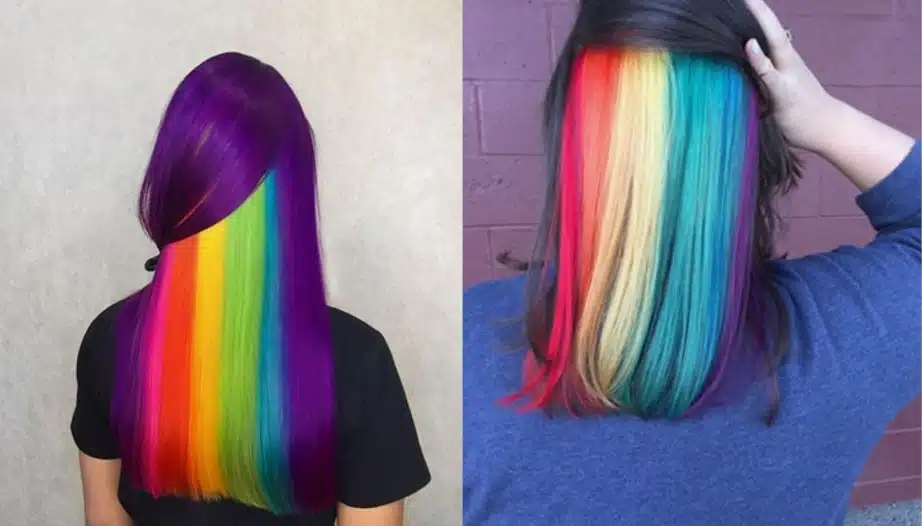
How Ddamaging Is Temporary Dye?
Are you considering a pop of new color but worried about damage?

How Should You Introduce New Skincare Products?
Want to improve your skin’s health and achieve your skincare goals?
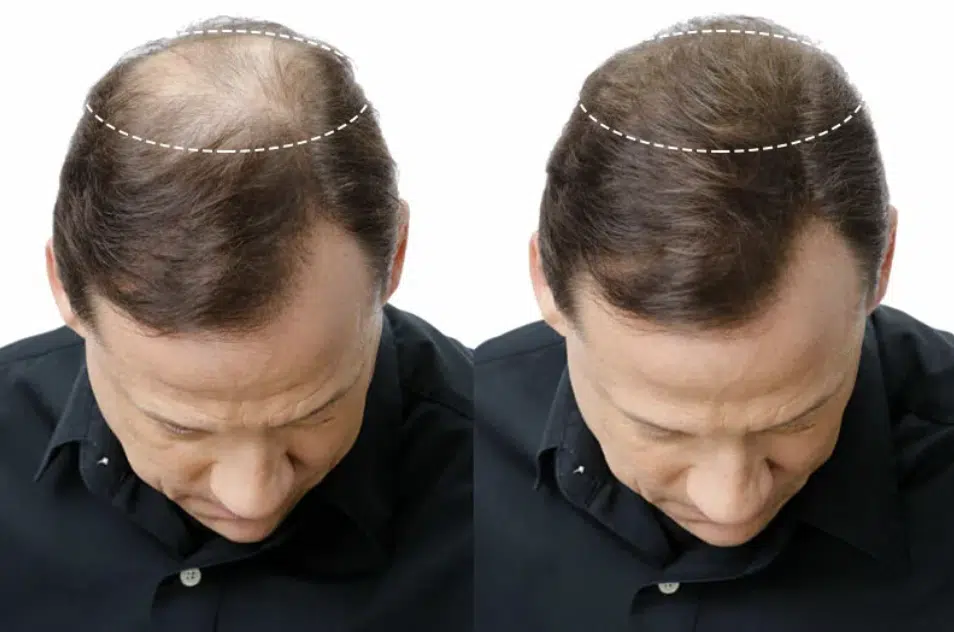
How Long Does Hair Fibre Spray Last?
Understanding how long hair fibers last is crucial for anyone considering this innovative solution for thinning hair.

What Is The Intended Use Of Body Lotion?
Ever wondered why your skin feels dry or rough?
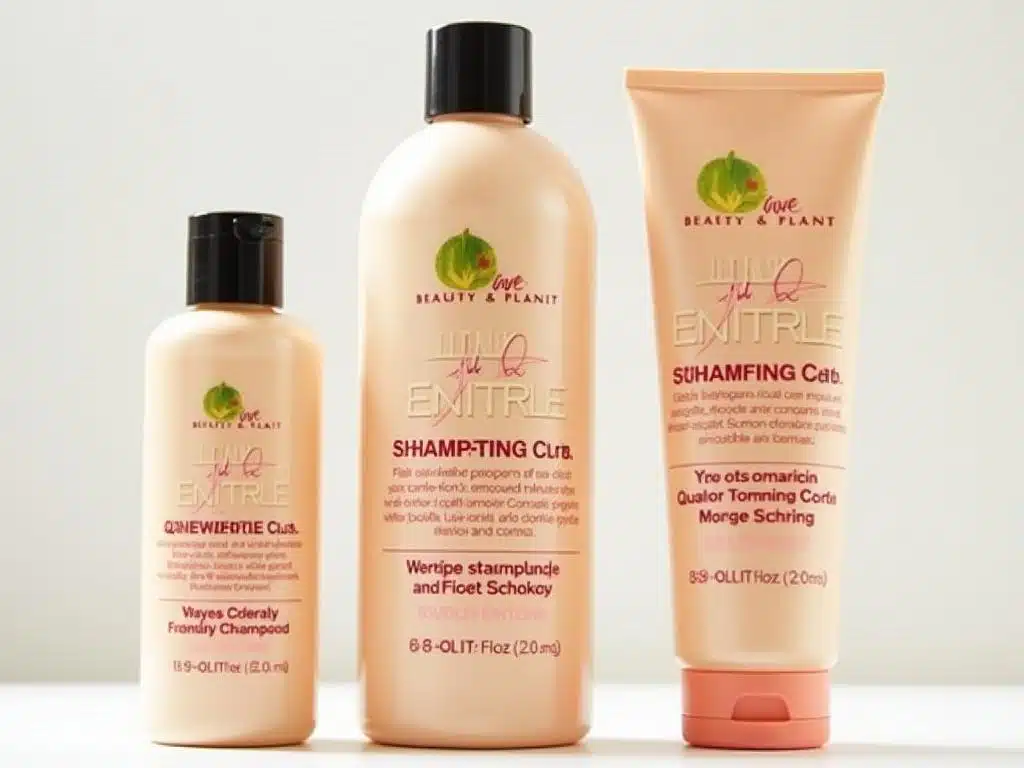
Is Love Beauty And Planet Good For Hair?
Love Beauty and Planet has carved a niche in the hair care and beauty industry by offering products that are both effective and ethically conscious.
- +86 151 1839 7303
- [email protected]
- Mon-Sun 07:00-23:00
Tags

How to Choose a Reliable Cosmetic OEM Manufacturer in China?
How to Pick a Good Makeup Maker in China: A Guide for You.
You possess a concept.
A new face cream. A new hair spray. A new nail color.
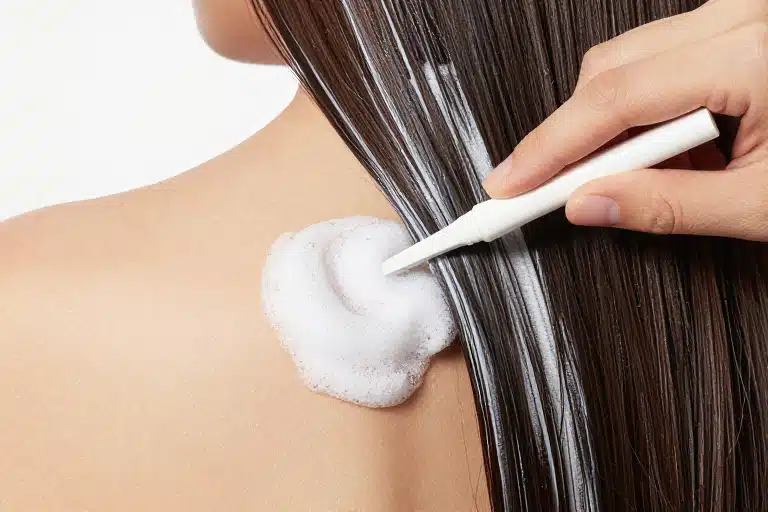
How to Get Hair Dye Off Skin: The Only Guide You Need
Picture this.
You just dyed your hair. You used a new color. It looks great. Your hair shines. You feel happy. You feel like a new person.

How Often Should You Wash Your Hair? The Ultimate Guide
The alarm rings.
You wake up. You stretch. You walk to the mirror.
You look at your hair.

